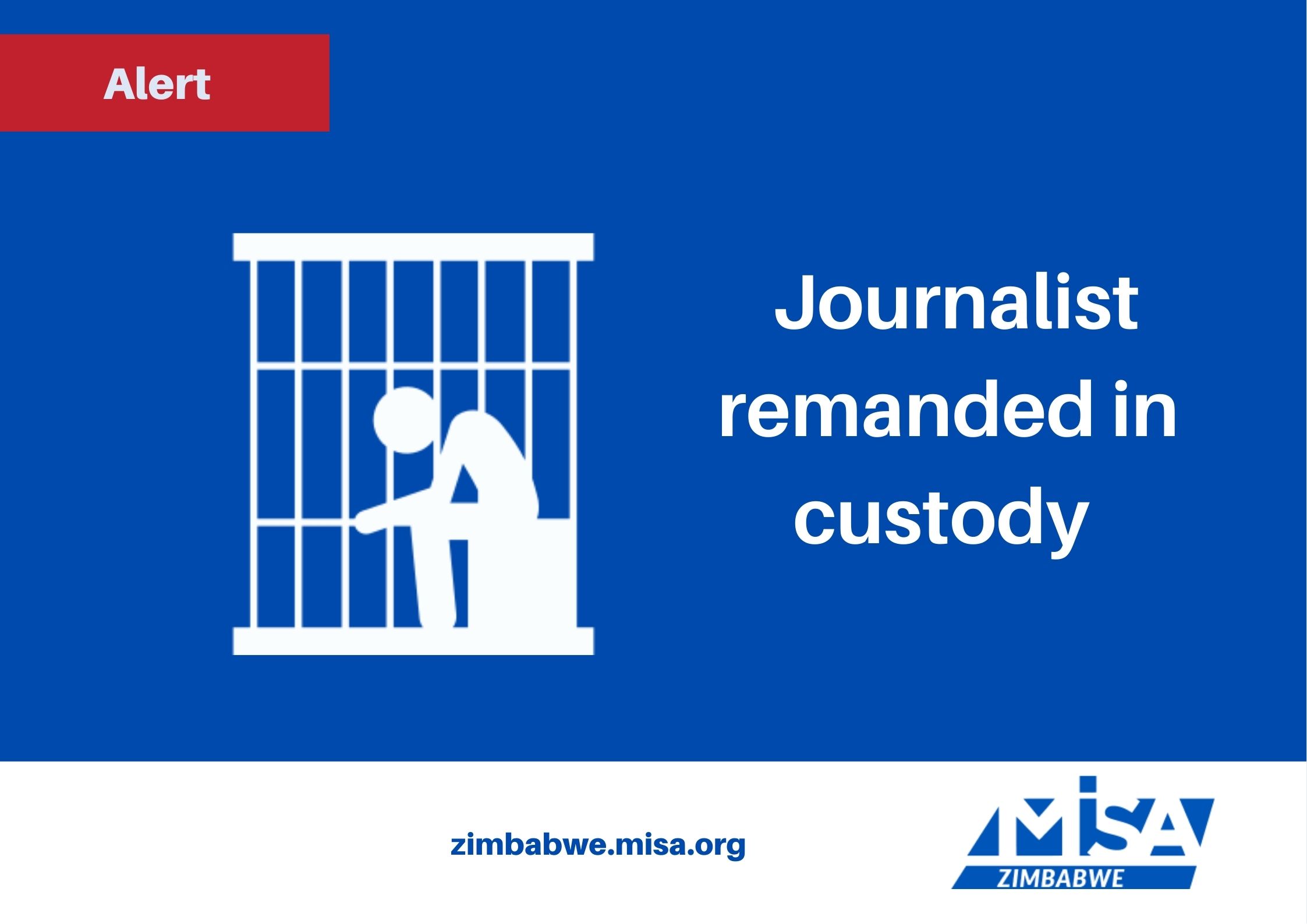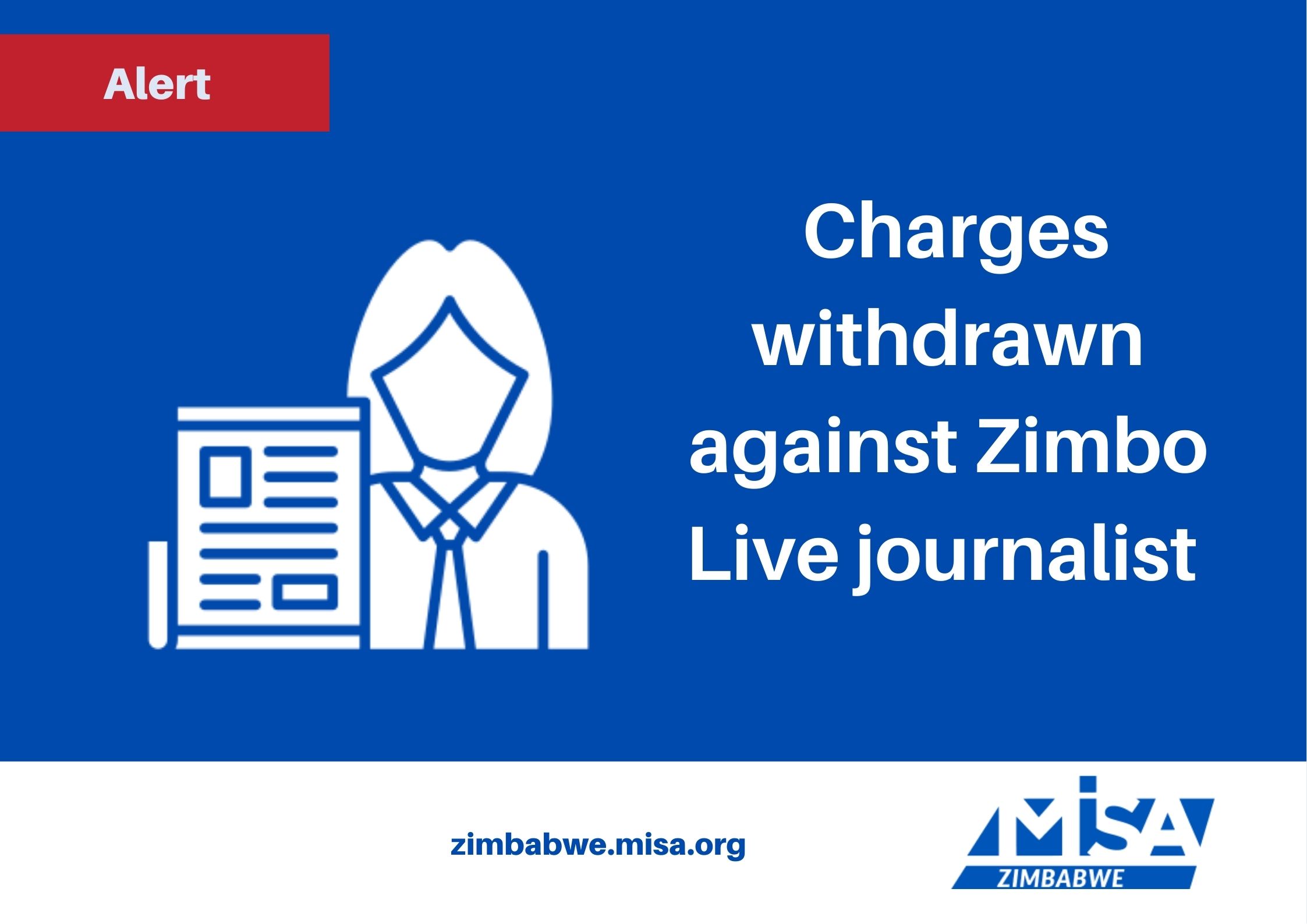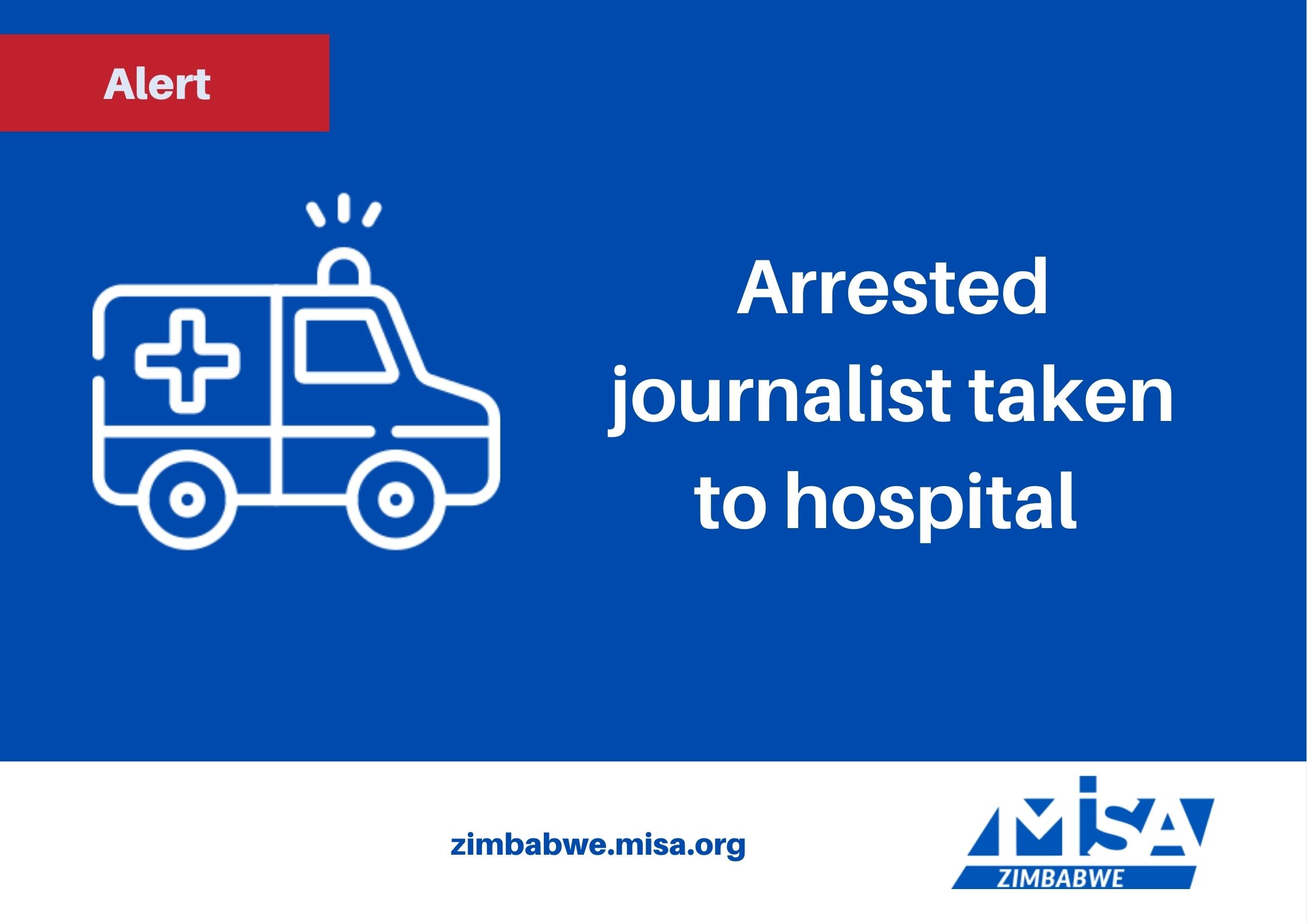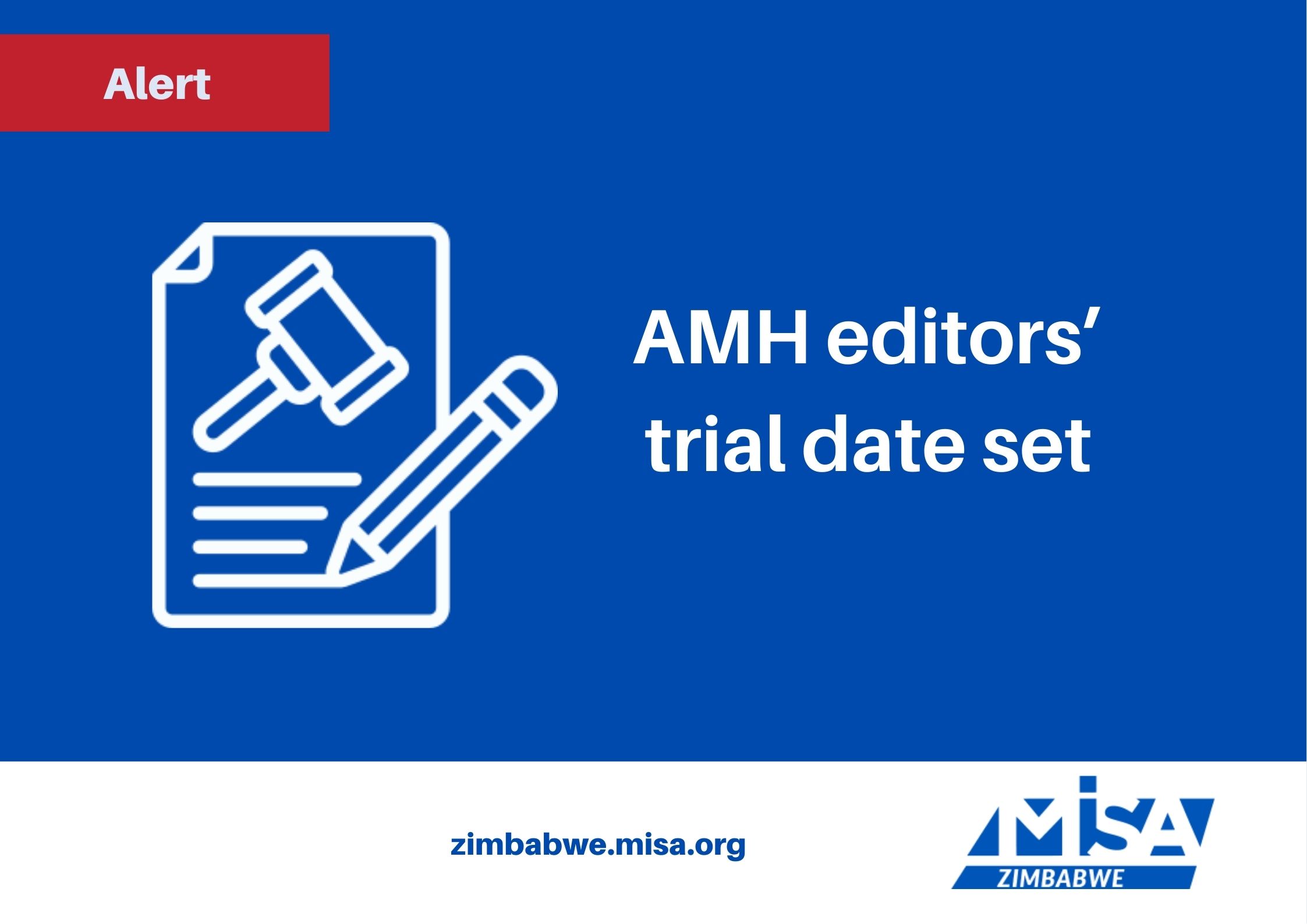The Zimbabwe Media Commission has issued a statement clarifying concerns over the new accreditation categories for journalists and other media workers following a meeting held with MISA Zimbabwe in Harare on 22 May 2020.
This followed a letter written to the Commission by MISA Zimbabwe’s national chairperson Golden Maunganidze in which he raised concerns that the new categories had the potential of discriminating against some journalists from exercising their right to media freedom as provided for by the Constitution.
Maunganidze also said there was no legal basis for the new accreditation categories.
It is against this background that the ZMC chief executive officer Dr Tafataona Mahoso agreed to meet with the MISA Zimbabwe delegation led by the chairperson of the organisation’s Board of Trustees, Cris Chinaka and national director Tabani Moyo.
Discussions focused, among other issues, on the likelihood of online content creators who are also journalists being barred from practising journalism in this digital era of converged online media platforms which allow journalists to multi-task (video, audio, print, podcasting).
Other grey areas, pertained to the definition of mainstream media, which MISA Zimbabwe said needed to be clarified as it had the potential of discriminating against small community newspaper publications.
The ZMC noted the concerns raised by MISA Zimbabwe and said the new categories had been informed by consultations held from 2017 to 2019 with various stakeholders. They gave the example of filmmakers having specifically requested to be strictly categorised as such.
ZMC assured MISA Zimbabwe that there were no ill intentions on its part and that it would be as flexible as possible when the accreditation process for 2020 commences in Harare next week.
In its statement following the meeting, the ZMC noted that the Access to Information and Protection of Privacy Act (AIPPA), is the law that still regulates the media and accreditation of journalists only.
The Commission said AIPPA which was enacted in 2002 did not foresee rapid developments in the media industry brought about by the digital revolution.
“To plug this gap created by AIPPA and to be in sync with the dictates of the new Constitution guaranteeing freedom of the media, freedom of expression and universal access to information, the Commission, in the past years, started to accredit all media practitioners using the provisions of AIPPA as if they were all journalists,” the ZMC said in its statement.
“What this entailed was that all accredited media practitioners were using the same card, whether they were journalists or other media practitioners. This has witnessed the Commission accrediting filmmakers, photographers and other media practitioners as journalists.
“The underlying point is that some individuals were categorised as journalists while they were not.”
Concerning the legality of the new categories, the ZMC said:
“The accreditation of journalists is provided for by Section 79 of the Access to Information and Protection of Privacy Act (AIPPA).
“It has been the desire of all stakeholders who participated in the consultative process leading to the drafting of the Zimbabwe Media Commission Bill to see AIPPA repealed now, paving the way for a new legal instrument.
“The process is taking long and this has been compounded by the current national lockdown brought about by the need to fight the Covid-19 pandemic.”
The Commission called on organisations to be fair and give equal opportunity when dealing with all media practitioners in the spirit of universal access to information and freedom of the media as provided for by Section 61 of the Constitution.
“It should be made clear that all accredited journalists (by profession and having qualifications) will use the same accreditation card. This includes all journalists who do not have professional qualifications but are engaged by media houses as reporters,” said the ZMC.
End













